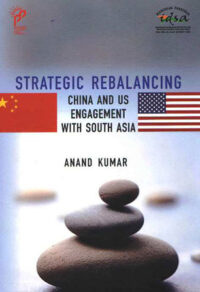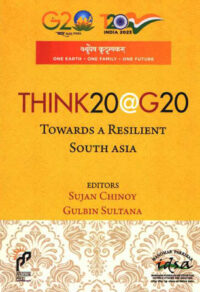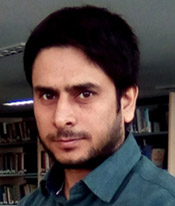India and Pakistan: Getting Along with the Peace Process
Even as it presses for action against the people responsible for beheading of Indian soldiers, India should take care not to disengage from the process of dialogue.
- Smruti S. Pattanaik
- January 18, 2013

















